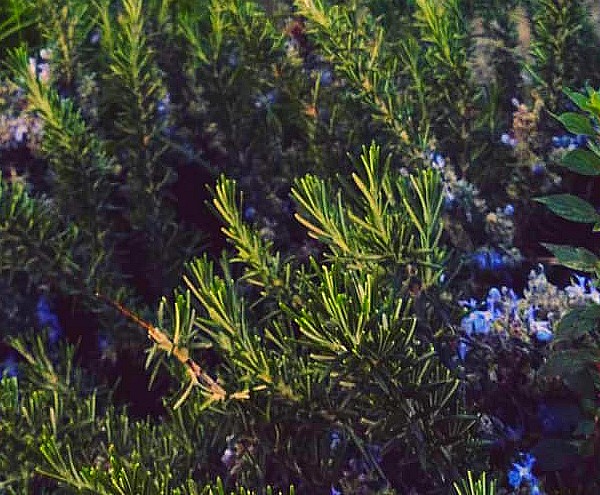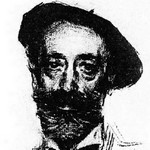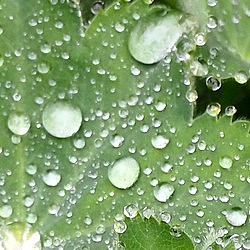
For lied lovers, last week’s major news was the confirmation that the Schubertíada will take place this summer. And with the second half of August on the horizon I moved mentally to the Empordà, the region were Vilabertran is placed, and I remembered a photo of a flowering rosemary I took last year at the Canonica in spring, I think. And one thing leads to another, and I reached Canticel, a beautiful song composed from a beautiful poem. And since the poem is by Josep Carner and these days we recall the 50th anniversary of his death, it seems that everything fits just right, doesn't it?
Carner is one of the most important poets in Catalan language; if you follow literary circles (even on Twitter, which is much more than fake news and cheap laughs), you'll find discussions about him being the best Catalan poet of the 20th century, or him being the best Catalan poet period; you'll even find for/against Carner public debates, of course much more argued than this expression would suggest. I’ll leave these questions in the experts' hands; I'll just tell you that I love elegant, concise, and serene poetry, with just the necessary touch of irony, and that I love Carner, known as "the prince of poets".
As an example, I can also add a poem, Canticel [Canticle]. It was published in 1920 in L'oreig entre les canyes (The Wind Among the Reeds, a title he borrowed from W. B. Yeats), the last collection Carner published in Catalonia. Shortly afterwards, he went abroad to his first destination as a member of the diplomatic corps; over the years, the war broke out and that absence for work reason turned into exile.
Reading this poem, Canticel, the Mediterranean light illuminates us; we listen to the song and we are on a boat rocked by the calm sea. The composer, Eduard Toldrà, was born in Vilanova i la Geltrú, a village on the coast situated 40 km south of Barcelona; however, he married a young woman from Cantallops, a village in the Empordà where he used to spend his summers, so he also belonged somehow to that place. In any case, the images evoked by the verses of Carner (born in Barcelona) could be gazed from any point of the Catalan coast; you can choose your viewpoint, either imaginary or real.
Toldrà composed Canticel in 1923. It was not the first time he had written a song from a poem by Carner, he had already done so with his first one, Menta i romaní [Mint and Thyme], and with Els obercocs i les petites collidores [The apricots and the petty pickers], both from 1915; half a dozen more songs were written eventually before their last musical encounter, the opera El giravolt de maig [The cabriole of May] premiered in 1928. It was a more than a happy collaboration, just wait and listen to the song.
I would like, for once, to imitate Carner and Toldrà at least in their concision, because I've been writing very long posts during the last weeks. Just one more thing: last February, I wrote an article talking about the song recitals at the Schubertíada, as usual; that text is now out of date, here you are the updated one.
And now (it looks like I'll manage to be concise), listen to Canticel performed by tenor David Alegret and pianist Daniel Blanch, I'm sure you'll enjoy it.
Per una vela en el mar blau
daria un ceptre;
per una vela en el mar blau
ceptre i palau.
Per l’ala lleu d’una virtut
mon goig daria
i el tros que em resta, mig romput,
de joventut.
Per una flor de romaní
l’amor daria;
per una flor de romaní
l’amor doní.
For a sail in the blue sea,
a scepter I would give;
for a sail in the blue sea,
scepter and palace.
For a light wing of virtue,
my joy I would give
and the shard still left, half-broken,
of my youth.
For a flower of rosemary,
love I would give,
for a flower of rosemary,
love I gave.
(translation by Salvador Pila)



 This ex...
This ex...












Comments powered by CComment